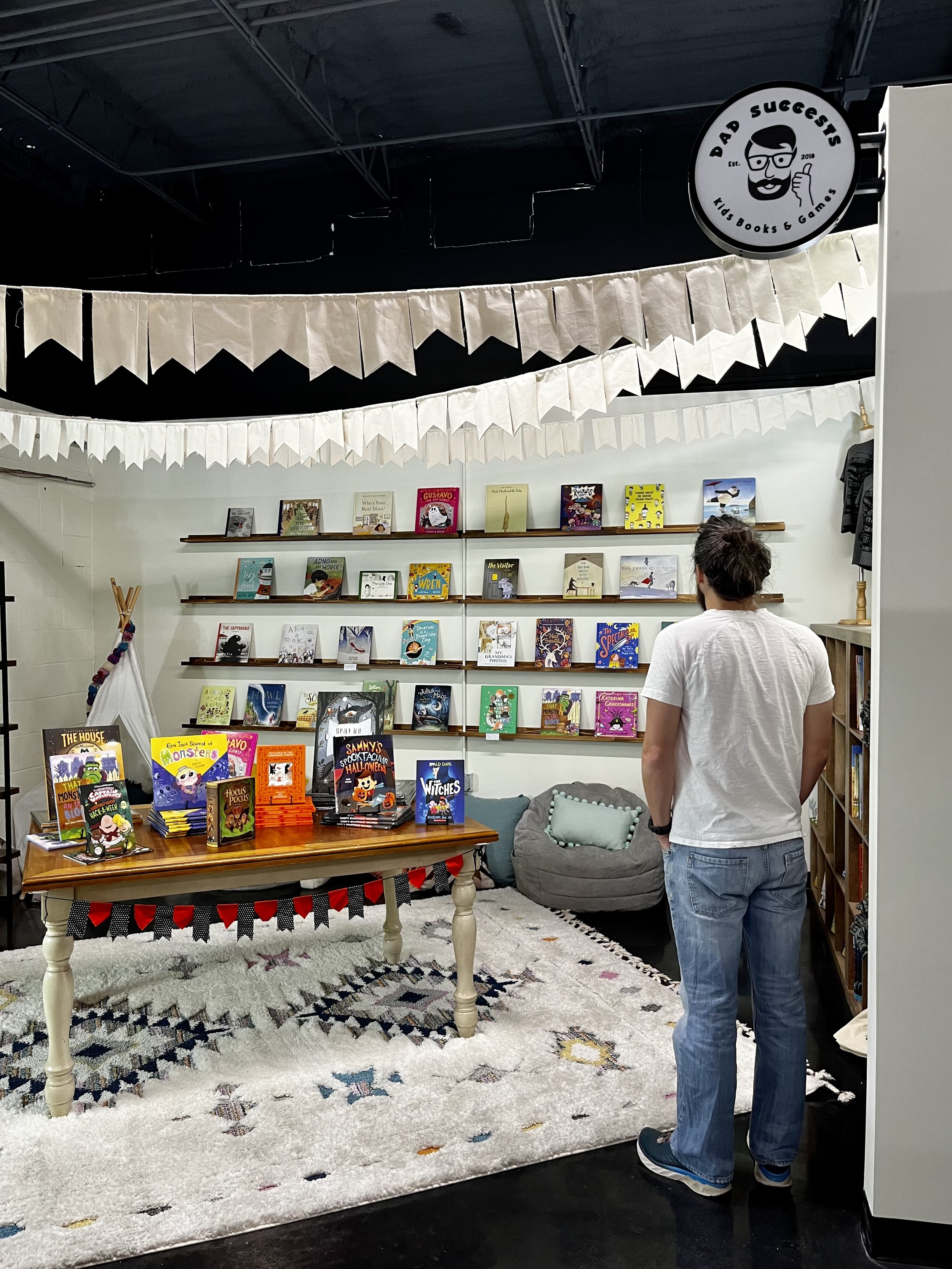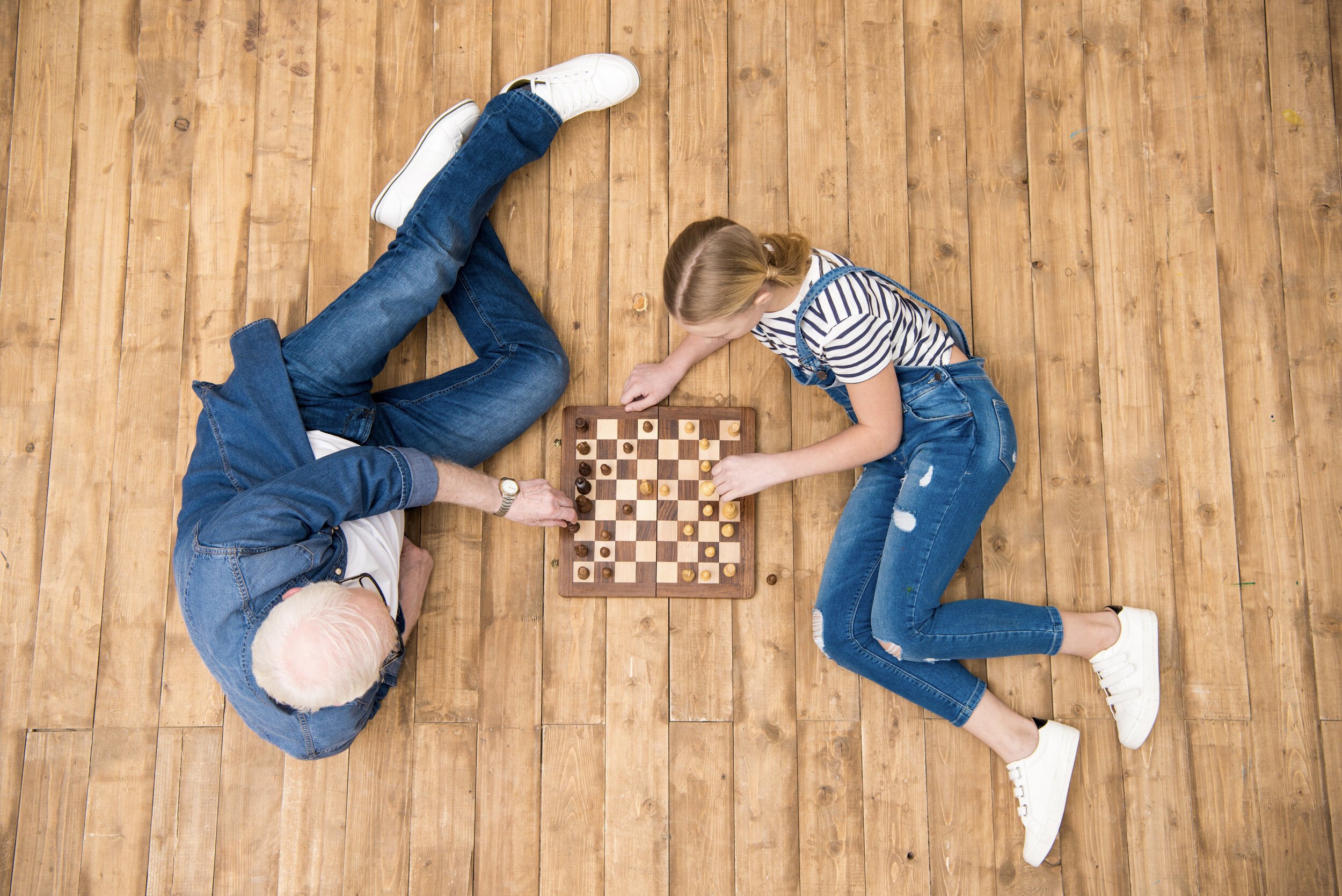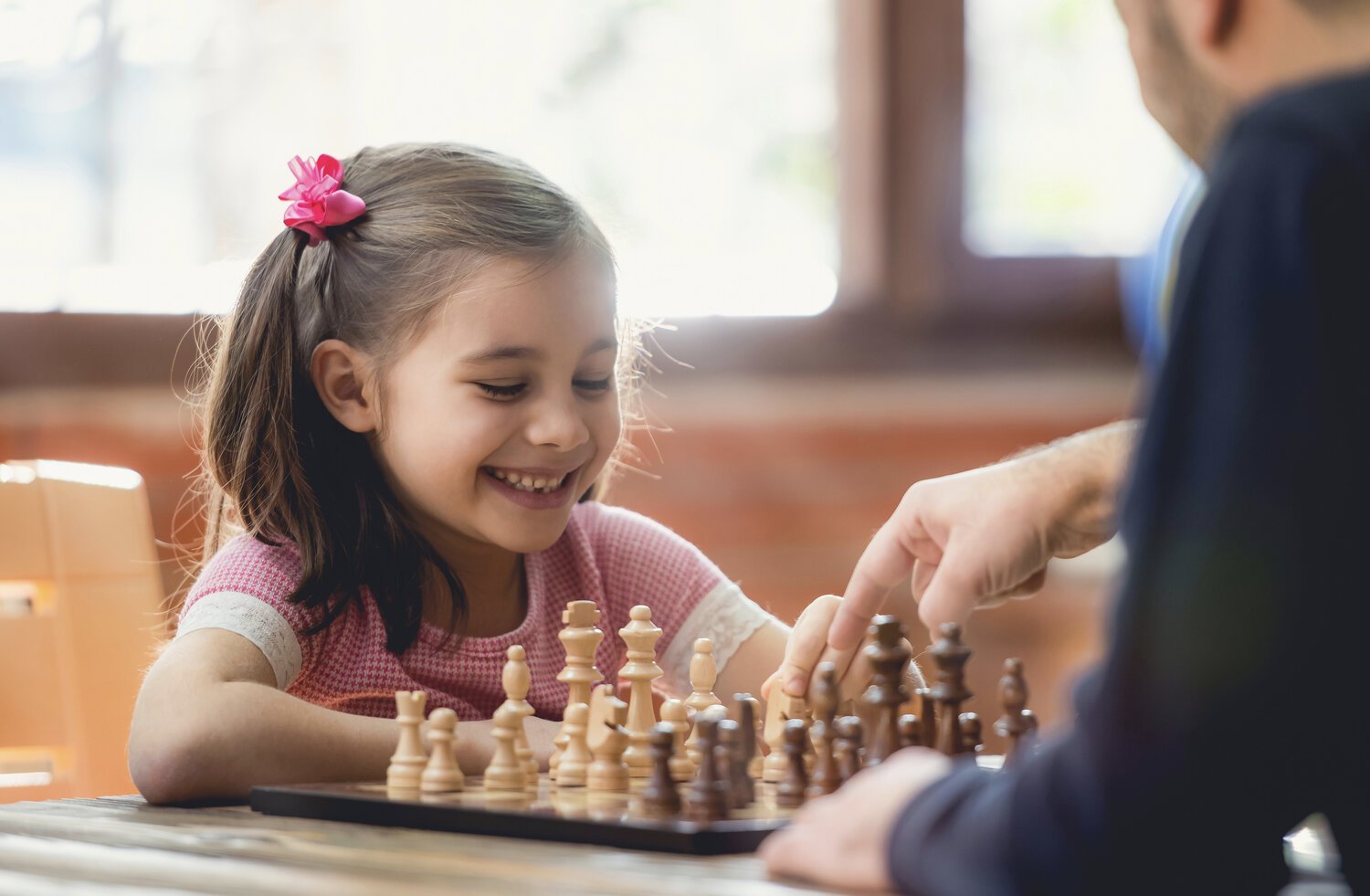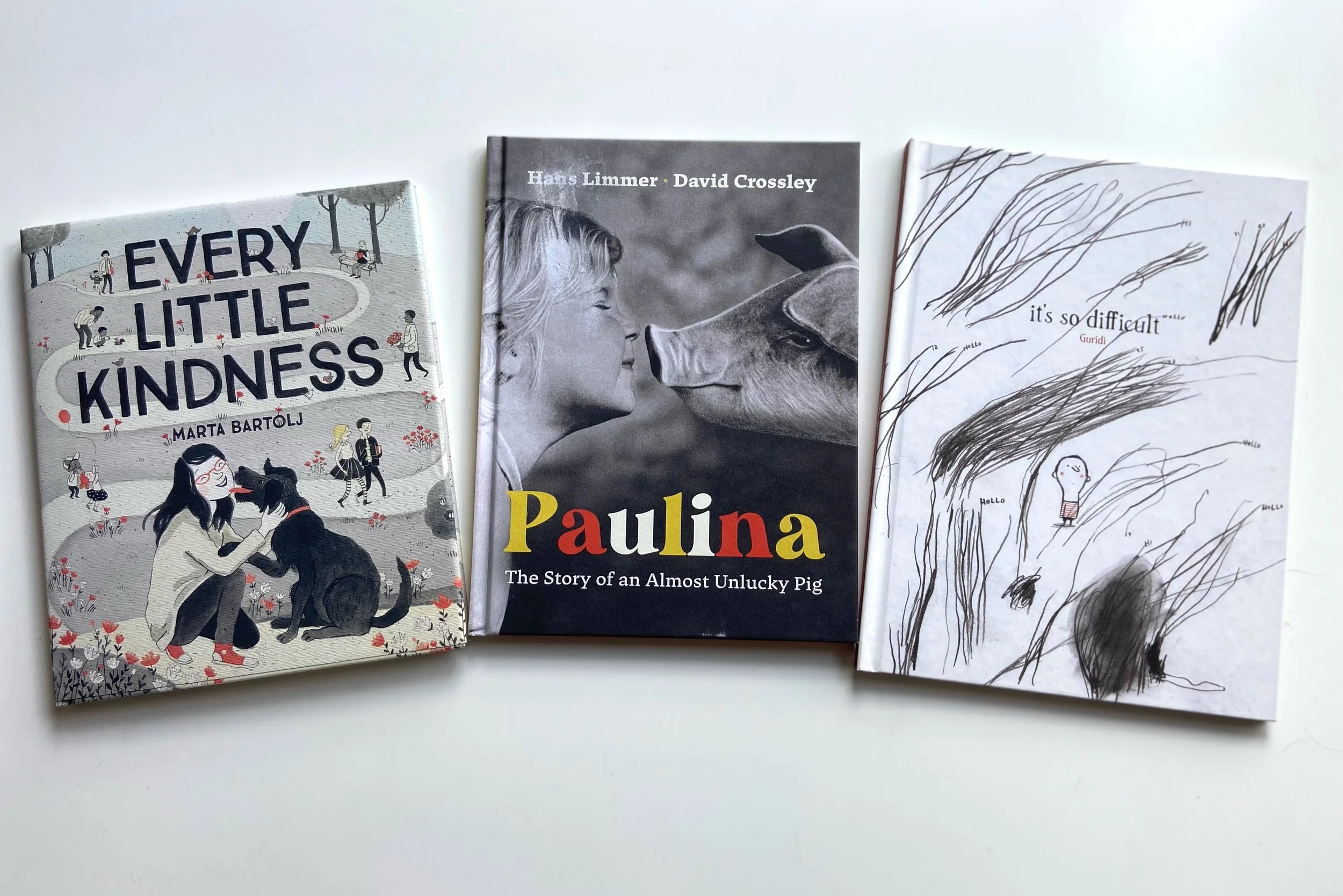Why Chess is Good for Kids in School
In case you haven’t noticed, the game of chess is seeing quite a renaissance these days. In many ways, the coronavirus pandemic has been quite kind to the chess world. Odds are you actually know someone who bought a set during the pandemic and started to learn how to play - or perhaps it was you yourself. Very much like the at-home fitness and bread-baking booms, online chess absolutely exploded in the last several years.
Quite honestly, because of popular online chess streamers on YouTube and Twitch, chess is on the radar of more young people than ever before. And that’s a wonderful thing for those of us that believe in the amazing benefits chess can have on kids. And, in my opinion, educators everywhere need to take advantage of this moment in time to get more chess into your classroom or your gameschooling routine.
As you might be aware, gameschooling is a type of homeschooling that often uses board games as learning opportunities for kids. We certainly gameschool in our house with our 10-year-old and our 6-year-old, although perhaps unschooling is probably a more accurate term for what we do. And, for a variety of reasons, chess is one of the most useful gameschooling games out there.
I’ve coached hundreds of kids in chess, and I’ve been lucky enough to actually lead several teams to national championships in their divisions. I’ve also introduced the beautiful game to both of my children, and I study and play it with a lot of passion that I’m sure will last a lifetime. And throughout my experience as a coach and a dad, it never ceases to amaze me just how incredible of an impact this seemingly simple board game can have on children.
I also direct a nonprofit called the Northwest Arkansas Chess Center that supports scholastic chess in our area, and I have a bit of experience convincing public schools why they need to consider offering chess to their students. And I’d like to use some of the same talking points to convince you that chess is the right fit for your classroom or your own kids as well.
Author’s Note: This article originally appeared as a guest article for the Gameschool Coop in 2021. As the website is now defunct, I am republishing it again here on Dad Suggests.
The Benefits of Chess for Kids
Impulse Control
Quite frankly, this is a very big one. And it’s definitely a good enough reason all by itself to play chess with kids. A child’s frontal lobe - responsible for executive functions, critical decision-making skills, and impulse control - isn’t fully developed until their mid-twenties. In chess, children are taught to think first, then act - weighing the possible consequences of their actions. For example, “If I do this, what might happen, and how can I respond?” Over time, chess can help develop patience and thoughtfulness, and they are taught that they don’t always have to do the first thing that pops into their mind.
A Positive Relationship with Learning
This is perhaps my personal favorite benefit of chess for kids, and probably the best reason for including it in schools. There are many kids who hate school because they simply have a negative relationship with learning. Perhaps they’ve never tasted academic success, and therefore never received positive reinforcement for learning and then following that up by using their new knowledge in a practical way.
But, if you introduce a child to chess, they have the opportunity to learn and then use that knowledge to beat a classmate or a family member or a stranger online. They get a taste of the cycle of academic success - if I study something I get better at it, and when I get better at it it’s more fun. So then I study it more. And this is absolutely transferrable to ALL education - so long as we also put effort into providing kids with educational opportunities they are actually interested in.
Abstract Thinking
By playing chess, children receive practice taking many concrete details on the board and then considering the bigger picture. They also learn to take common patterns used in other games and applying them to different, but related situations. And, in the very best use of abstract thinking, they can transfer and apply the lessons they learn in chess (like thinking before you act) to life itself.
Concrete Thinking
On the flip side of abstract thinking, chess also definitely trains your concrete analysis skills. Chess is the ultimate game of cold-blooded analysis and skill, with no luck involved. Children who play chess get hundreds of chances every game to analyze the position, consider the strength of their position and their plans, and decide if a move will help or hurt their position.
Focus
Children are taught the benefits of observing things carefully and keeping their concentration. If they don’t watch closely and pay attention to what their opponent is doing, they can’t respond to it. And learning that their opponent has their own plans and intentions for the game is a lesson in and of itself. I’m sure you can agree that we can all work on our focus in this day and age - and no game punishes your lack of focus as quickly as chess.
Visualization
Children are prompted to imagine a sequence of actions before it happens. This is what we call visualization on the chess board. Kids can strengthen their ability to visualize by training to shift the pieces in their mind, first one, then several moves ahead. Much like Beth Harmon in The Queen’s Gambit playing chess games on the ceiling. Don’t underestimate the benefits of being able to slow down, think through, and visualize a process in your own brain.
Long-Term Planning
We know how much children live in the now. Being able to comprehend the benefits of long-term goals instead of focusing on instant gratification is a challenge for young ones. So any training in long-term planning and strategy has to be considered extremely useful.
Children in chess are taught to develop longer-range goals - both in their career and within a single game itself - and to take actionable steps toward bringing them about. They also learn how to reevaluate their plans if and when the situation calls for it - another extremely useful tool for combatting stubbornness.
Learning to Accept Defeat
Chalk this one up as one of the many beneficial social skills that chess can teach kids. It’s not all about benefits to the brain by any means. Chess players have to get used to one very sad truth - you’re going to lose A LOT. It’s a bit of a cliché to say that losing is an opportunity to learn, but a truer statement has never been said. Losing and growing must be embraced. It’s not only the backbone of a growth mindset in education, but it’s incredibly useful for simply being a good sport with a strong and positive mentality.
As you can see, there are many reasons that chess can have a positive and powerful impact on kids, both in the classroom and at home. I’m definitely a big believer in the power of the game, and I sincerely hope this article helps introduce this beautiful game into the lives of some kids out there. Not only can it have an impact on their lives now, but it can also truly be a lifelong passion and pursuit. After all, chess may have a lot of social and academic benefits, but, above all, it’s insanely fun.
For more ideas on how to incorporate chess into your gameschool routine, make sure to check out the following articles:
How to Play Chess With Kids When You Have More Experience
Do you play chess with your kids? Do you have a young chess lover in your classroom or house? Let us know in the comments!










